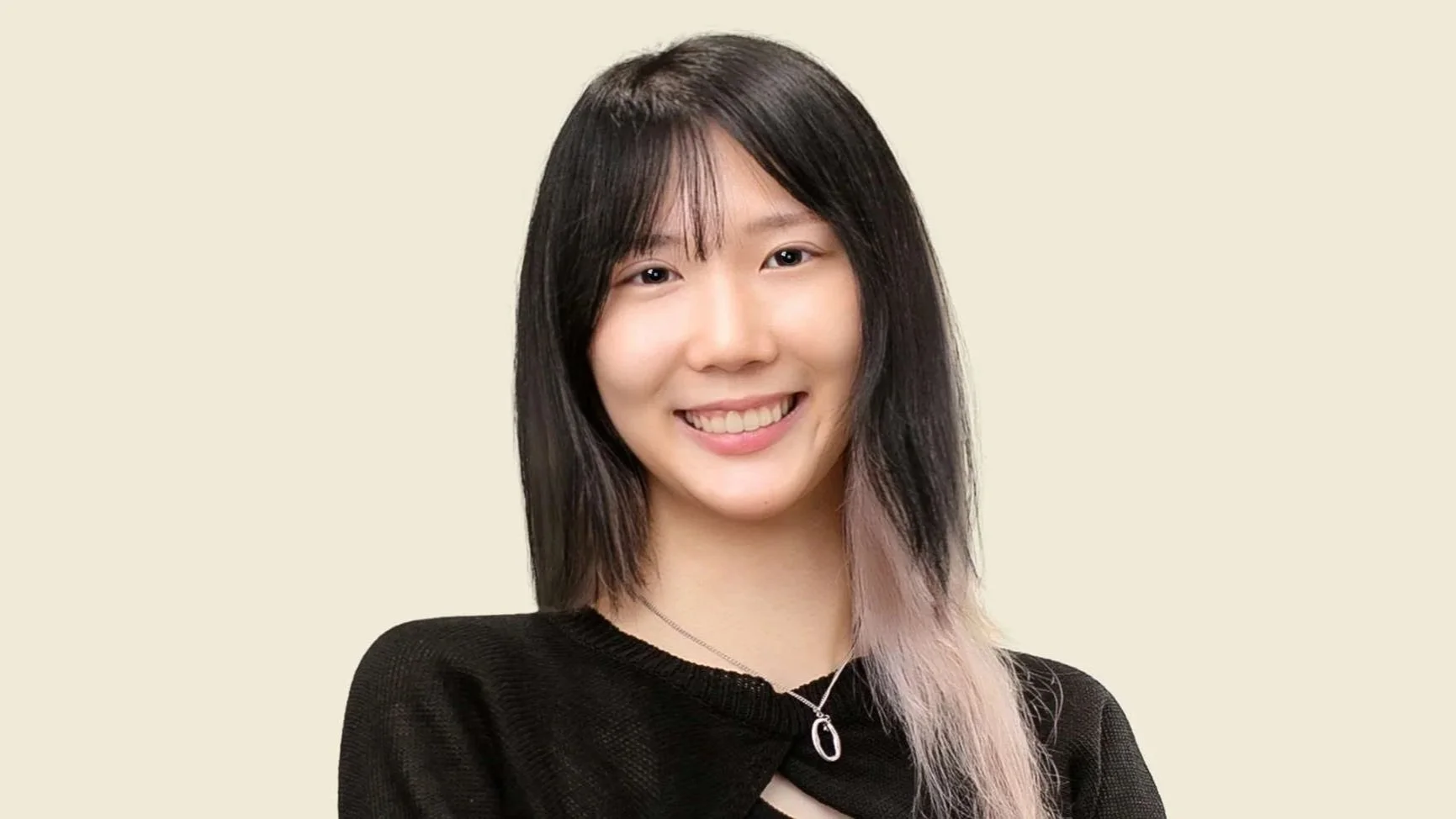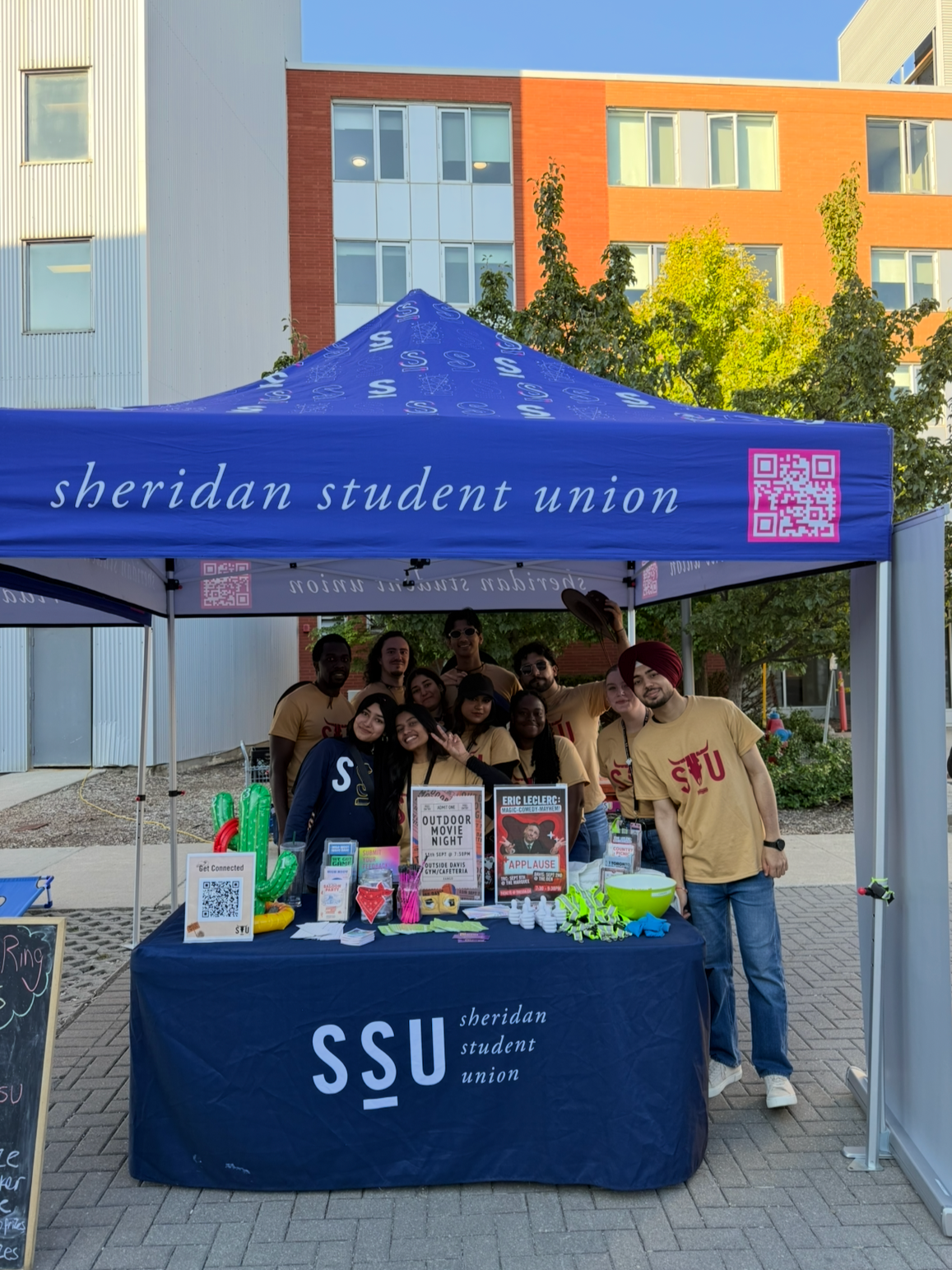What my favourite Mexican tradition taught me about memory, healing, and gratitude
By: Mayra
It’s always kind of funny when I tell people outside of Mexico about this holiday. Many imagine something gothic, spooky, or like a scene from a Tim Burton movie, but to me, it’s something deeply beautiful. So, I want to invite you to see (or in this case, read about) this celebration from the eyes of someone who grew up surrounded by the folklore and magic of it.
The Day of the Dead is an ancient pre-Hispanic tradition with strong Indigenous roots, later influenced by the arrival of the Spanish. One of my favorite parts about it is the fact that, despite everything our culture went through, we managed to preserve a thread that connects us to the practices of those who came before us. In many ways, that’s what Día de Muertos is all about: remembering and honouring where we came from.
Many people see death as something terrible, and I understand where this comes from and how painful death can feel for those who stay. But I want to share a few things that this celebration, and my ancestors, have taught me about life, death, and why this tradition becomes even more special to me every year.
Remembering is Healing
One of the most unexpected things about this tradition, when I first started building my altar every year, was how much healing came from remembering and digging into the stories of my ancestors.
When I asked my parents or my aunts for photos, those requests led to questions, and those questions opened doors to stories that opened my eyes. Stories about my Mayan great-great-grandmother, about the orphans that shaped both sides of my family, the lost dialects, the love stories, the joy and the heartbreak and even the drama. I feel like my grandmothers live in me, and I feel them close to my spirit even though I never met most of my grandparents.
All the stories that felt unknown suddenly came to give a deeper sense to my family story. I began to understand not only myself more deeply, but my parents too, and this helped me to see them with softer eyes. Learning about my ancestors brought me curiosity, but also compassion, for everything my family has endured so that I could be here today.
Sometimes is Good to Force a Pause
I always feel an urge to keep moving, to stay busy with work, projects, hobbies, and all of that brings up resistance to set up an altar when November comes because it feels like one more thing to “deal with”.
Thankfully, I can always talk myself out of that mindset and set time apart to pause everything. In Mexico, I used to go to the market to buy huge, overflowing bundles of flowers. Once home, I’d cut each stem one by one while listening to Chavela Vargas and chatting with my brother or best friend.
Building an altar is an act of love, creativity, and community. It’s a ritual that (thankfully) forces me to pause once a year, cut flowers and colourful papel picado, light candles, unbox old photographs, shed a tear or two and keep remembering and sending love to the people I’ve loved that are no longer around.
A New Meaning to Life and Death
Since I was little, I was immersed in the mystical narrative of the Day Of The Dead ritual. My elementary school was an old nun’s convent, and the stone hallways would fill up with flowers and steps of offerings every November. The smell of cempasúchil lingered in the air, and the light from hundreds of candles made the space feel both sacred and alive. It felt very mystical.
Each element in the altar has a meaning. The marigolds guide the souls back home with their colour and scent; the candles light the path; the water refreshes the spirit; the bread of the dead nourishes memory itself and the traditional dishes and food will feed our loved ones so they can continue with their journey. All of these elements together become a bridge between worlds.
Through these traditions, I learned to see death as something sacred, not just sorrowful. It’s a continuation, connected through memory, stories, and ritual. The more I embrace these practices every year, the more my relationship with death evolves and my gratitude for life expands.
Every year, this tradition feels like coming home to myself, my roots, and to something bigger than life itself. The Day of the Dead has taught me that remembering is not just about the past, it’s about keeping love alive in the present.
Hopefully, you found some of these points helpful or interesting enough to want to start practicing in your own style. Don’t think you have to be Mexican to put some of these things into practice. No matter where you come from, there’s power in taking a moment to remember and celebrate the stories that made you who you are and honour those who paved the way into your today.
Celebrating the Diversity of Our Voices
At the SSU, we are committed to amplifying the diversity of the voices of our Sheridan Community all year round. Explore related content from our Sheridan community or keep exploring to learn more about the perks of working at the SSU!









